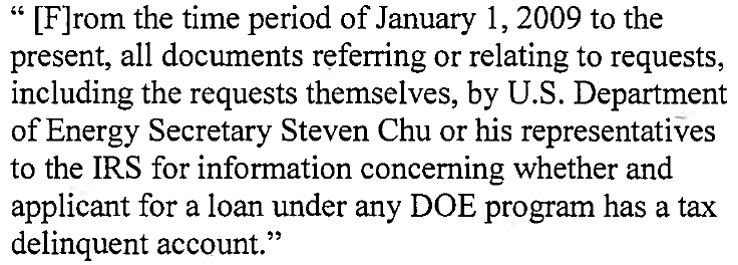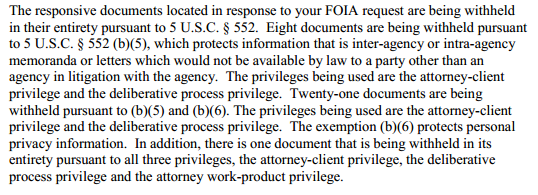Cause of Action’s Executive Director, Dan Epstein, joined experts in the open government field as they shared tools, tips, and tricks to make congressional staff more effective on the job. Learn more about the event here.
Download his presentation here: Transparency Tools Training





